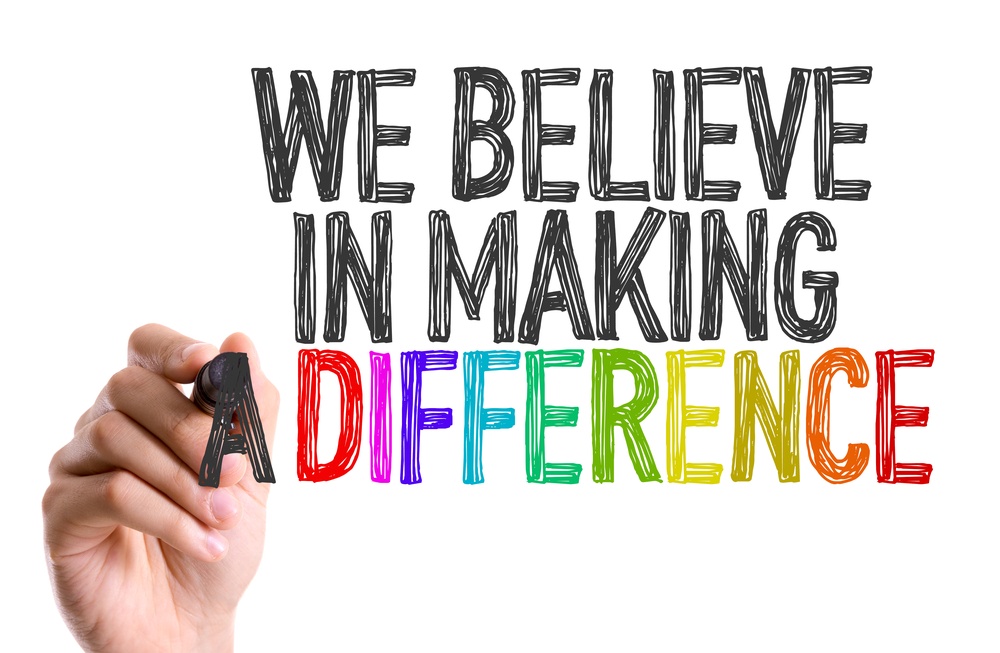Updated December 2025
In Canadian society, we place a very special trust in community services workers (CSWs) to protect and advocate for vulnerable individuals. We rely on CSWs to help make our neighbourhoods more fair, safe, and productive.
But given how complex their work can be, there are times when CSWs are faced with very challenging situations, conflicts, and decisions—where the outcome will have a serious and lasting impact on the life of a client, family members, or the CSW herself.
To help build ethical decision-making skills, and understand their responsibilities to the public, CSW students learn the code of professional ethics and values set out by the Canadian Association of Social Workers (CASW).
These aren't hard and fast "rules." They are guidelines community workers can use when facing difficult decisions—or on an everyday basis, to continually strengthen their skills as agents for social justice.
In this post, we break down the six core values introduced in CSW training, what they mean, and why they matter.
1. Respect for the inherent dignity and worth of persons
Canada is known across the globe for its cultural diversity and the way people from many different backgrounds live and work together in our communities. This first core value reflects this diversity and speaks to how important it is for community services workers to treat all clients with respect and compassion.
During CSW training, students explore the complexities of the "Canadian dynamic," and learn how to be conscious of their own biases and misconceptions.
They learn what it means to support each individual's right to self-determination—and when to limit those rights to protect a client (or others) from harm. Above all, CSWs work to promote and protect the basic human right to be free from violence (or threat of violence), regardless of cultural background or social status.
2. Pursuit of social justice
The majority of community services workers enter the field because they want to make their communities more fair and just, particularly for vulnerable populations.
They can see that social programs do not always serve citizens equally, and quite often, certain groups get left out in the cold—such as victims of domestic abuse, addiction sufferers, and the mentally ill.
This core value speaks to the mission of CSWs to improve equal access to social resources in their own communities and to take action when vulnerable and disadvantaged people are treated unfairly.
3. Service to humanity
Community services workers hold a considerable amount of power to impact the lives of the people they serve. This core value reminds them to always use that power for the greater good of clients and the community as a whole.
Devoted to serving others, CSWs put clients' interests above their own, and always use their authority in responsible ways.
4. Integrity in professional practice
In every interaction with a client or social services organization, CSWs work hard to ensure integrity in professional practice. The CASW code of ethics breaks down the concept of integrity into four main characteristics:
- Honesty
- Reliability
- Impartiality
- Diligence
This means establishing appropriate boundaries with clients, avoiding conflicts of interest, and ensuring clients' needs are met as fully as possible.
5. Confidentiality in professional practice
This core value speaks to the trust clients place in CSWs to keep confidential information private. CSWs will only break that trust when legally required to do so (to protect the client or others from harm, for example).
Community services workers are also expected to explain to clients how certain circumstances may limit confidentiality—and to do so early on in the professional relationship, so these guidelines are clear and understood.
6. Competence in professional practice
The field of social work is continually evolving. This final and crucial core value reminds CSWs to constantly seek out professional development so they can keep pace with changes and provide the very best services to clients.
Community service worker courses provide students with a foundation of knowledge and practical skills—but once in the field, they are expected to build on that foundation. This means seeking out new community services, forging new relationships with service providers and programs, and keeping abreast of relevant research in the field of social work.
For passionate CSWs, this process feels intuitive. The commitment to keep improving clients' quality of life drives them to improve their knowledge and abilities throughout their careers.
To see the full CASW code of ethics and core values, click here.
Interested in learning more about training to become a community services worker?
Consider Herzing College's CSW training. It takes 12 months to complete and includes real-world experience through an internship.
Chat live with an admissions advisor to learn more about the program and get your questions answered. Or click below to explore the training in more detail. We're here to help!







